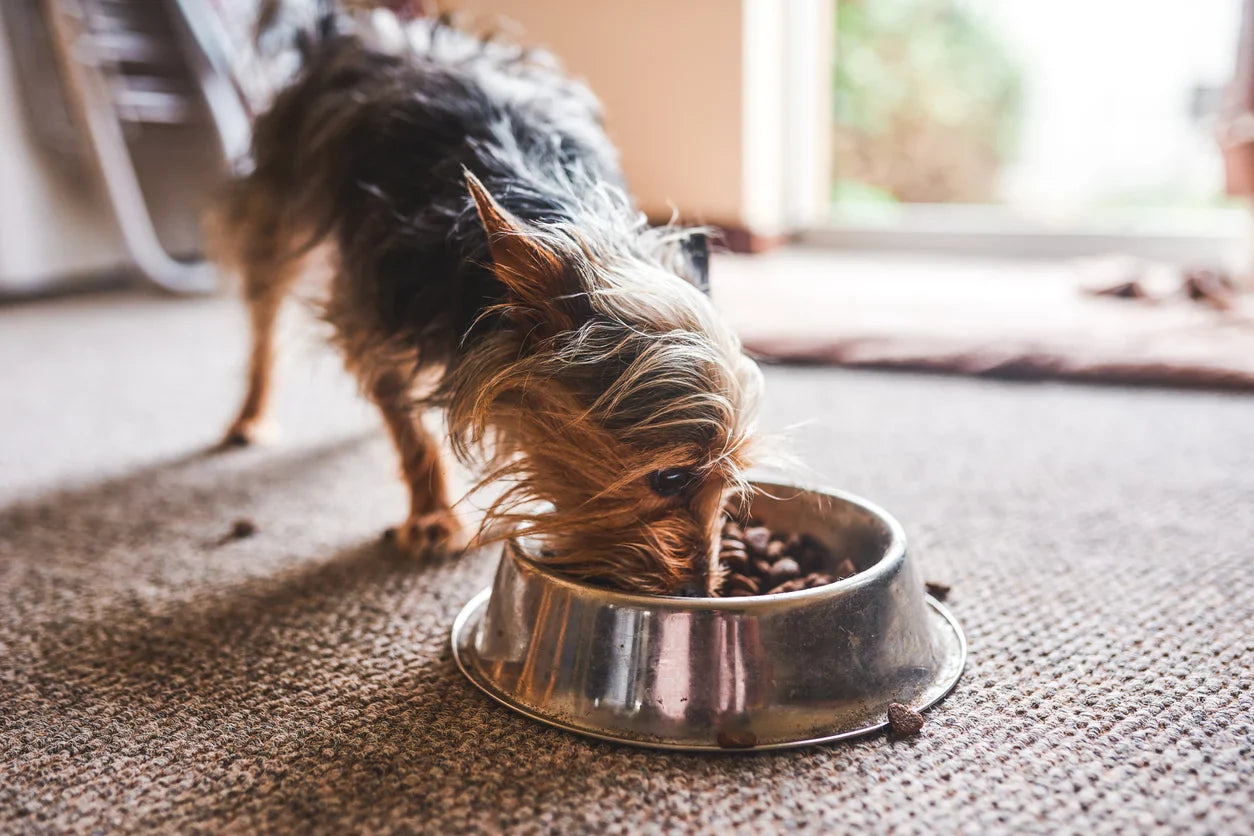Introduction
When it comes to the well-being of our furry companions, maintaining a healthy digestive system is of paramount importance. Just like humans, dogs require proper digestion to ensure their overall health and vitality. In this article, we'll explore the intricacies of dog digestion and provide practical tips on how to enhance their gut health for a happier and healthier furry friend.
Understanding Dog Digestion
The Digestive Process Unveiled
Dogs possess a remarkable digestive system that efficiently breaks down food into essential nutrients. The journey begins in the mouth, where chewing initiates the breakdown of carbohydrates. Enzymes in the saliva play a crucial role in kickstarting this process.
Stomach's Role in Digestion
Once the food reaches the stomach, gastric juices containing hydrochloric acid and enzymes further break down proteins and kill harmful bacteria. This acidic environment is a key aspect of digestion in dogs, allowing for the effective extraction of nutrients.
Small Intestine Absorption
The majority of nutrient absorption occurs in the small intestine. Nutrients such as proteins, fats, vitamins, and minerals are assimilated into the bloodstream, providing energy and supporting various bodily functions.
The Colon and Waste Elimination
As digestion progresses, the remaining indigestible substances move into the large intestine or colon. Water is reabsorbed here, and the waste forms into faeces. A healthy colon ensures proper waste elimination.
Tips to Enhance Gut Health
Optimal Diet Choices
The foundation of good digestion lies in a balanced diet. Select high-quality dog food that aligns with your dog's specific nutritional needs. Look for options rich in protein, fibre, and essential nutrients, and avoid fillers or artificial additives.
Probiotics for Digestive Health
Just like humans, dogs can benefit from probiotics. These beneficial bacteria promote a balanced gut flora, aid in digestion, and strengthen the immune system. Consult your veterinarian to find the right probiotic supplement for your dog.
Incorporating Prebiotics
Prebiotics are non-digestible fibres that provide nourishment to the beneficial bacteria in the gut. Foods like oats, sweet potatoes, and bananas can naturally support a healthy gut environment.
Regular Exercise
Physical activity isn't just great for maintaining a healthy weight; it also supports digestion. Exercise helps stimulate the digestive system, ensuring that food moves through the body efficiently.
Hydration Matters
Adequate water intake is vital for digestion and overall well-being. Ensure your dog has access to clean, fresh water at all times to prevent dehydration and support proper digestion.
Avoid Overfeeding
Overfeeding can lead to digestive issues and discomfort. Follow portion recommendations on the dog food packaging and monitor your dog's weight to adjust serving sizes as needed.
Introducing Pupps Pre&Probiotics Treats
To take your dog's gut health to the next level, consider incorporating Pupps Pre&Probiotics treats into their diet. These specially formulated treats are designed to provide a delicious snack while supporting your dog's digestive system. Packed with prebiotics and probiotics, these treats help maintain a healthy gut flora and optimise digestion.
Benefits of Pupps Pre&Probiotics Treats:
- Supports digestive health
- Enhances nutrient absorption
- Promotes a balanced gut flora
- Strengthens the immune system
Conclusion
Prioritising your dog's gut health is a step toward a vibrant and joyful life. By understanding the intricacies of their digestive system and implementing simple yet effective strategies, along with the addition of Pupps Pre&Probiotics treats, you can contribute to their overall well-being. Remember, a well-nourished and properly maintained gut translates to a happier and healthier canine companion.
FAQs (Frequently Asked Questions)
- Q: Can I give my dog human probiotics?
- Q: Are there specific breeds more prone to digestive issues?
- Q: How can I tell if my dog has a digestive problem?
- Q: Can I feed my dog table scraps occasionally?
- Q: Is yogurt a good source of probiotics for dogs?
A: It's best to consult your veterinarian before introducing any new supplements, including human probiotics, to your dog's diet.
A: While all dogs can experience digestive problems, some breeds might be more sensitive. Consulting your vet about your dog's breed-specific needs can be helpful.
A: Signs include vomiting, diarrhoea, excessive gas, or changes in appetite. If you notice these symptoms, it's recommended to seek veterinary care.
A: Some human foods can be harmful to dogs. While small, occasional treats might be fine, it's important to avoid foods that can upset their digestive system.
A: Plain, unsweetened yogurt can be a beneficial source of probiotics for dogs. However, consult your vet before adding it to their diet to ensure it's suitable for your specific dog's needs.
Enhance Your Dog's Gut Health Today with Pupps Pre&Probiotics Treats! Click here to purchase.




Leave a comment
This site is protected by hCaptcha and the hCaptcha Privacy Policy and Terms of Service apply.